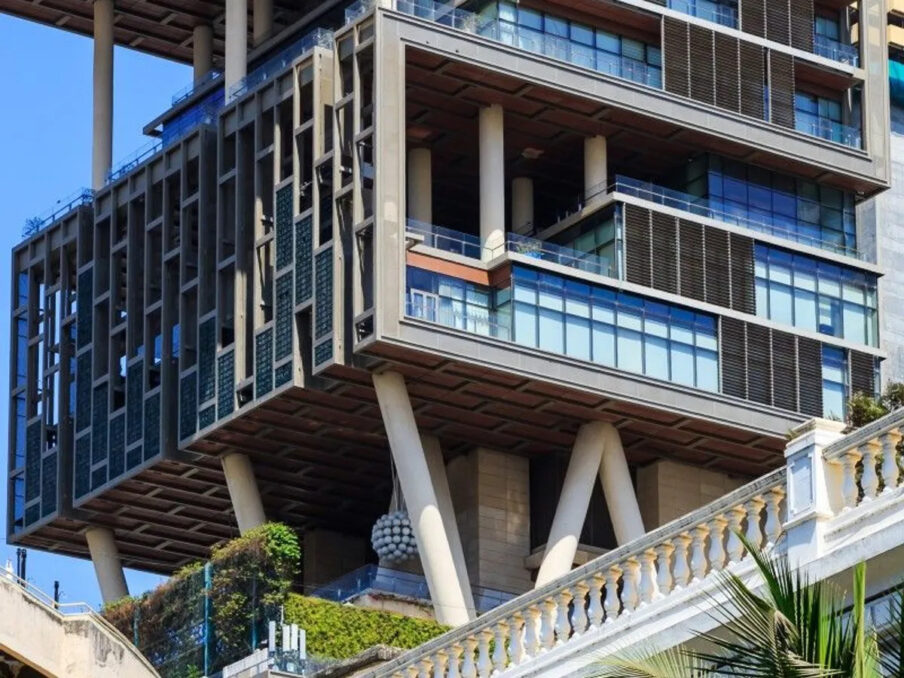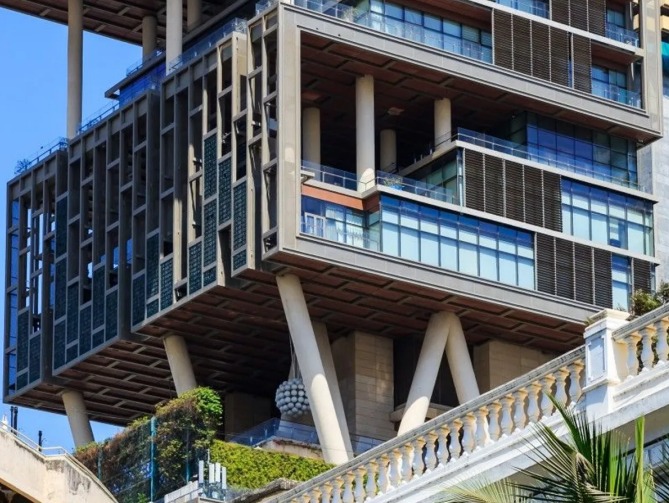
Source: Lifestyle Asia Hong Kong
By: Akshat Mittal
In a significant development, the Supreme Court of India has granted bail to former Mumbai
Police officer Pradeep Sharma, who was arrested in connection with the Antilia bomb planting
case and the subsequent killing of businessman Mansukh Hiran. The decision came on
Wednesday, following a bench comprising Justice AS Bopanna and Justice PS Narasimha’s
deliberations. Pradeep Sharma’s bail was challenged after a Bombay High Court order denied
him bail in the case.
The Antilia bomb planting case revolves around the discovery of a bomb-laden SUV near the
residence of industrialist Mukesh Ambani in south Mumbai on February 25, 2021. The SUV was
found in the possession of businessman Mansukh Hiran, who tragically lost his life on March 5,
2021, under suspicious circumstances. The case garnered national attention due to its
high-profile nature, with the spotlight on the possible motives behind the planting of the
explosive-laden vehicle.
Sachin Waze, a former Mumbai Police officer who was subsequently dismissed from the force,
is the prime accused in both the Antilia bomb planting case and the killing of Mansukh Hiran.
The case took a complex turn with allegations that Pradeep Sharma, another former colleagueof Waze, had played a role in assisting Waze in eliminating Hiran. These allegations formed the
basis for the denial of bail to Sharma by the Bombay High Court.
Senior advocate Mukul Rohatgi represented Pradeep Sharma in his bail plea before the
Supreme Court. He argued that there was no direct evidence linking Sharma to the main
accused, Sachin Waze, and emphasized that the bomb-laden SUV had been parked near
Antilia by Waze, in conjunction with Hiran. According to Rohatgi, this act was orchestrated to
bring Waze into the limelight and create an impression that he had thwarted an attack. Sharma
distanced himself from these actions, asserting that he was unconcerned with Waze’s
motivations.
On the other hand, Additional Solicitor General SV Raju represented the National Investigation
Agency (NIA) and opposed Pradeep Sharma’s bail plea. Raju argued that Sharma was a
co-conspirator in the killing of Mansukh Hiran and had met Waze, but the details of their
discussions were unclear. The question of what transpired between the two during their meeting
was a central point of contention.
After carefully hearing arguments from both sides, the bench reserved its order on Monday,
leading to the awaited verdict on Wednesday. The Supreme Court’s decision to grant bail to
Pradeep Sharma raises questions about the strength of the evidence against him and his
alleged involvement in the events surrounding the Antilia bomb planting case and Mansukh
Hiran’s death.
The case has unfolded against the backdrop of the intrigue surrounding the security lapse near
Mukesh Ambani’s residence and the subsequent demise of Mansukh Hiran. The Antilia bomb
planting incident raised concerns about the safety and security of high-profile individuals, while
Hiran’s mysterious death intensified speculation about potential motives and cover-ups.
The Supreme Court’s bail decision marks a pivotal moment in this complex case, prompting
discussions about the nature of evidence, the role of various individuals, and the larger
implications for law enforcement and justice. The legal proceedings will continue as more details
emerge and the case unfolds further, shedding light on the circumstances and motivations
behind these high-profile events that captured the nation’s attention.













